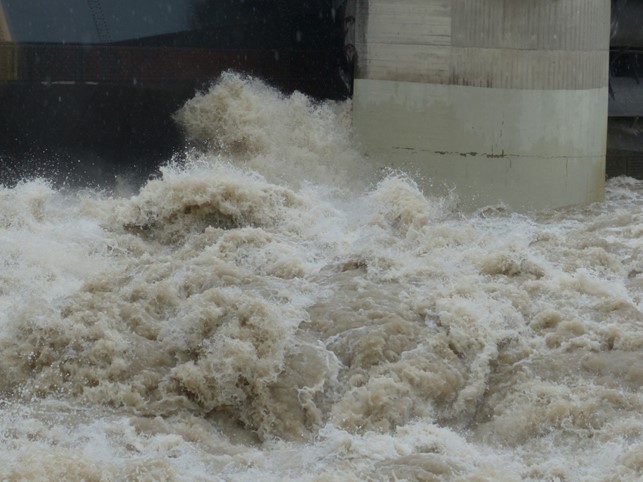
Floods in Sudan: dozens killed
Flooding, triggered by torrential rains and the collapse of a dam, has affected entire villages and thousands of people
As Sudan is torn by civil war and devastated by floods, a silent army of aid workers are fighting a time-sensitive battle to save lives and alleviate the suffering of millions. Doctors, nurses, engineers, logistics and volunteers of all kinds are operating in extreme conditions, risking their own safety to bring assistance to the most vulnerable.
The situation is devastating
Floods, triggered by torrential rains and the collapse of a dam, have exacerbated an already desperate situation. Entire villages have been flooded, thousands of houses destroyed and more than 30,000 families affected. The death toll has risen to 132, state news agency Suna reported, many of which were recorded in the northwestern Red Sea state of Sudan, where at least 30 people were killed after the collapse of the Arba’at dam in Port Sudan on Sunday, as the United Nations emergency relief agency has stated.
Unprecedented challenges
Humanitarian workers are facing a huge challenge: impassable roads, collapsed bridges and lost communications. Despite these dangers, humanitarian workers continue to risk their lives to bring aid to the affected populations. Another significant challenge is the lack of resources. Humanitarian organisations need urgent funding to provide food, drinking water, medicine, shelter and psychological assistance to people in need. The international community is called upon to mobilise all necessary resources to meet this emergency.
Teamwork
Effective coordination between all the actors involved: humanitarian organisations, governments, UN agencies and donors is essential to tackle such a complex crisis. Only through close cooperation will it be possible to provide adequate assistance to the affected persons.
The importance of training
Humanitarian workers working in Sudan must have specific skills to operate in emergency settings. Medical, engineering, logistical and psychological skills are required. It is also crucial that humanitarian workers are able to work in multicultural teams and adapt quickly to changing situations.
An uncertain future
Despite the heroic efforts of humanitarian workers, the future of Sudan remains uncertain. The reconstruction of the country will be a long and complex process, requiring substantial investment and strong political will. It is crucial that the international community continues to support the Sudanese people in the years ahead.


